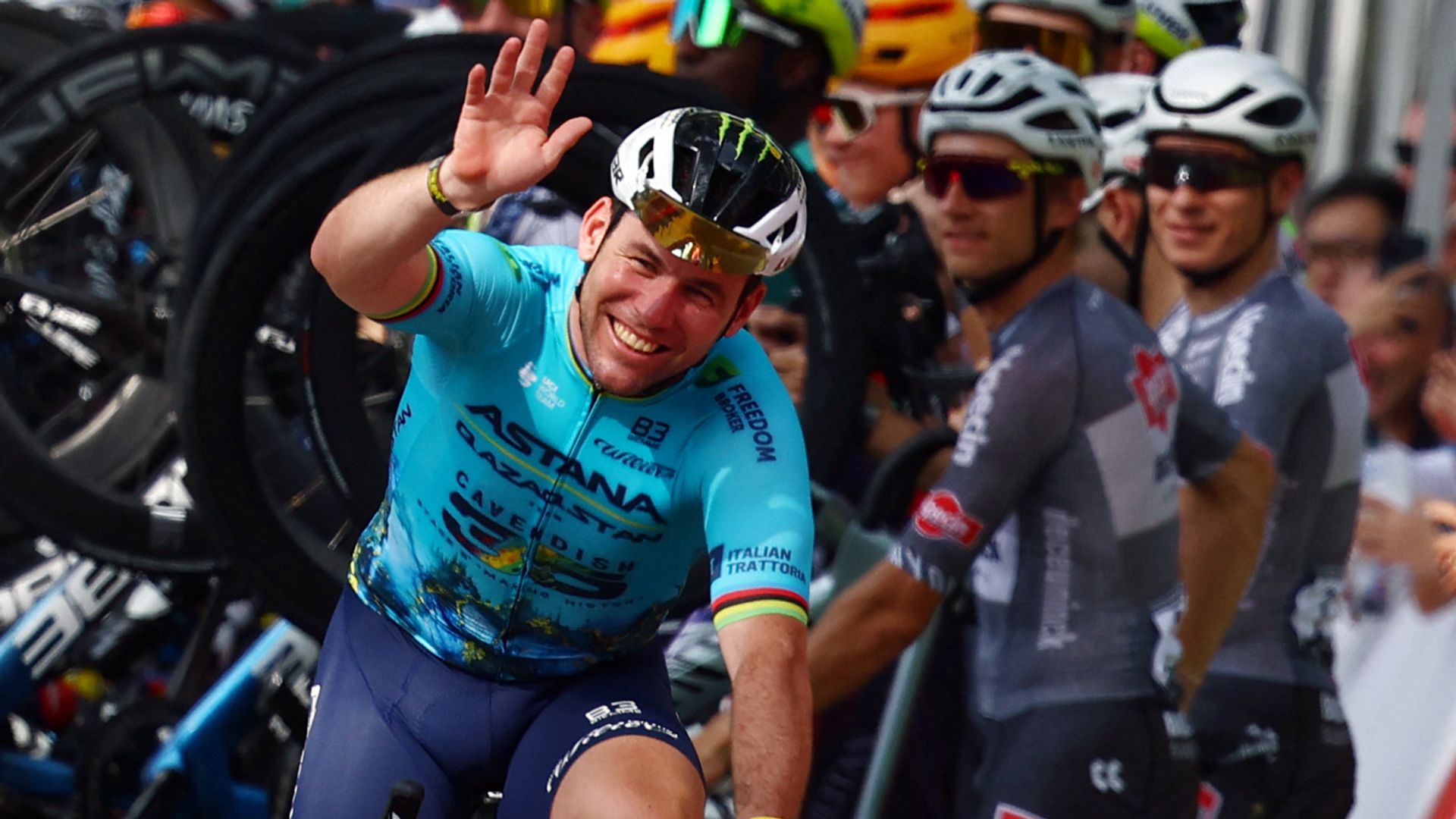
The Maine attorney general is suing Monsanto for allegedly selling products containing chemicals it knew were harmful.
Attorney General Aaron Frey filed the lawsuit Thursday in Cumberland County Superior Court.
It’s the latest lawsuit targeting the biochemical giant over the manufacture and sale of polychlorinated biphenyls, also known as PCBs. Last year, Vermont became the first state to sue Monsanto for the making and selling of PCBs, while nearly 100 Vermont school districts also sued the company. The city of Chicago followed months later with its own lawsuit against Monsanto.
Late last year, a Washington state jury slapped Monsanto with an $857 million verdict over contamination from PCBs in Sky Valley Education Center in Monroe, which is northeast of Seattle. Monsanto vowed to appeal the verdict, the latest in a series of cases stemming from contamination at that school.
PCBs are toxic chemicals known to accumulate in human bodies, wildlife and the environment. They were commonly used in old fluorescent lighting fixtures, electronics and appliances before the federal government banned PCBs in the 1970s over concerns about long-term health effects.
Frey’s lawsuit alleges that Monsanto was aware of the adverse effects of PCBs years before they were banned, but continued to manufacture and sell them.
“We have evidence that Monsanto knew that its PCBs products were causing long-lasting harm and chose to continue to make money off poisoning Maine’s people and environment,” Frey said in a Friday statement. “I am taking action to demand that Monsanto pay for the harm it knowingly caused our state.”
In the lawsuit, Frey cites internal Monsanto memos acknowledging that PCBs were “nearly global environmental contaminants leading to the contamination of human food (particularly fish), the killing of some marine species (shrimp), and the possible extinction of several species of fish-eating birds.”
In another memo, Monsanto allegedly described its decision to continue selling PCBs despite the concerns about contamination because “there is too much customer/market need and selfishly too much Monsanto profit” to stop, according to Frey’s office.
Frey is seeking damages for injuries and contamination stemming from the use of PCBs, as well as to clean, monitor and mitigate 400 miles of Maine rivers and streams and 1.8 million ocean acres impaired by PCBs.
In 2018, Bayer successfully acquired Monsanto, becoming its sole owner.








